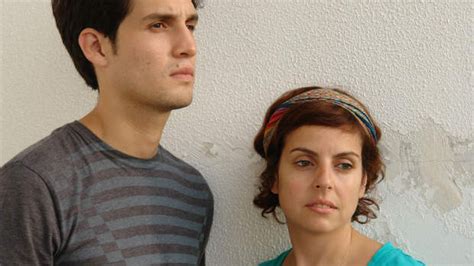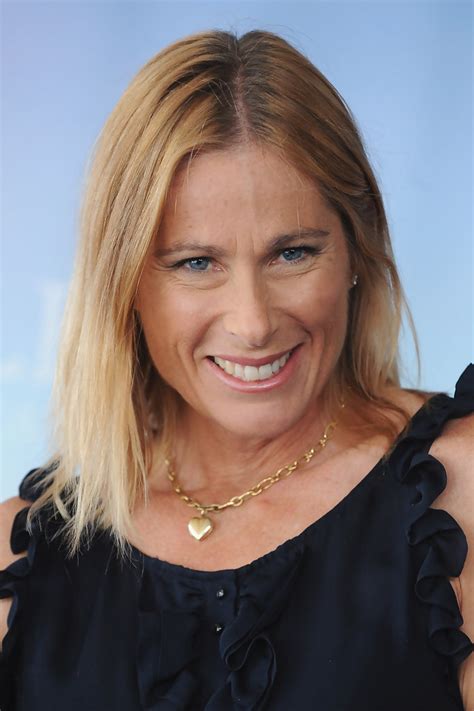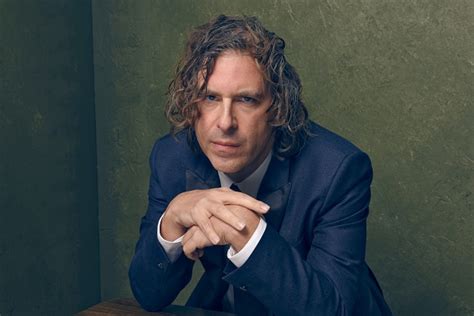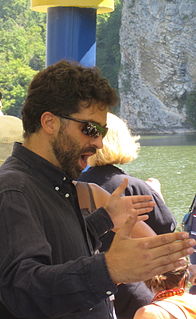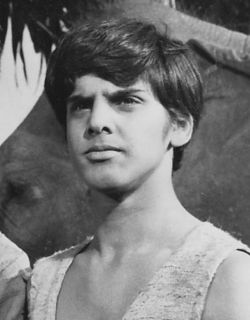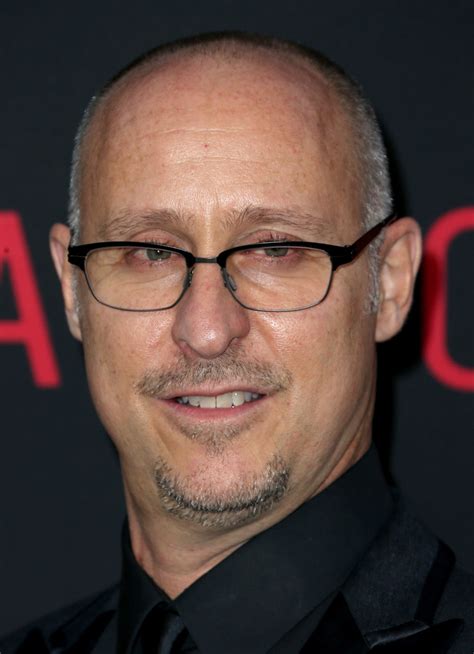A Quote by Rithy Panh
I think that, as a filmmaker, you're always making the same film, regardless of how many different stories you tell. This is the case for me, whether I'm making documentaries or fiction films.
Related Quotes
One day I decided to move towards documentaries or to move to more directing in documentaries at this point in my career. Why documentaries? I also love fiction. I would love to direct a fiction movie as well. But I think where I come from, reality is so interesting and has in it so many good stories to tell, this is why I'm doing that. I'm enjoying that.
Most people look at a feature film and say, "It's just a movie." For me there is no border or wall between fiction and documentary filmmaking. In documentaries, you have to deal with real people and their real feelings - you are working with real laughter, happiness, sadness. To try to reflect the reality is not the same as reality itself. That's why I think that making a good documentary is much harder than making a good feature film.
To seek out making films that are unique and insightful, boundary-pushing and genre-bending, and not films that fit into the neat, little boxes that people "want" (expect) women to be making. In some ways, I guess for me, any filmmaker should strive to be a good director first, regardless of their gender, race, sexual orientation etc.
I love making films, and as long as I love the subject, I just have a crazy amount of passion and energy for the project. The project that influenced me the most is this cooking show I do online. I film it all myself, and I think making so many of those gave me the confidence that all I need is a camera, and I could go and do an interview. The freedom to be a filmmaker - you just need a camera.
I was making commercials. That's how I learned the craft. That was the marketing part of it: directing commercial for TV. It wasn't the most common thing to become a filmmaker in Greece. I started by saying I was interested in marketing and have a proper job in advertising and commercials. Basically, I studied film to learn how to do marketing, and commercials. As I studied film I learned I'd be interested in making films instead of commercials.





